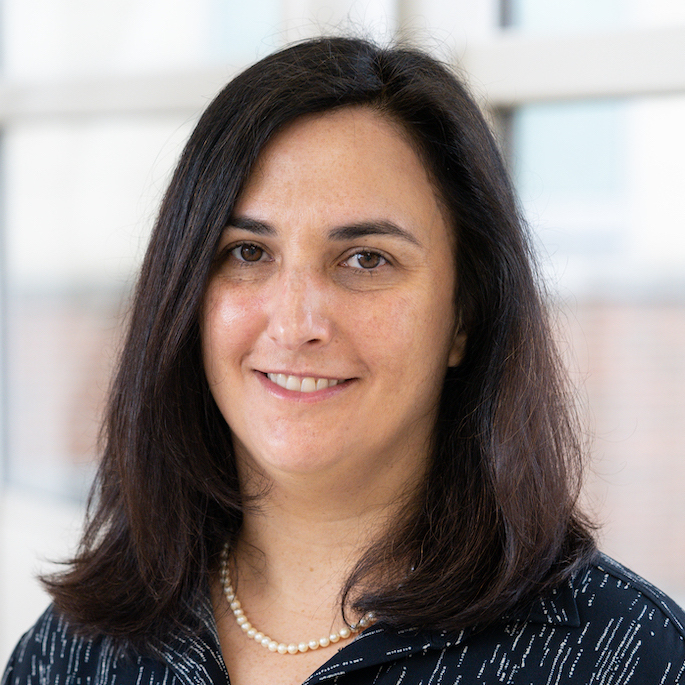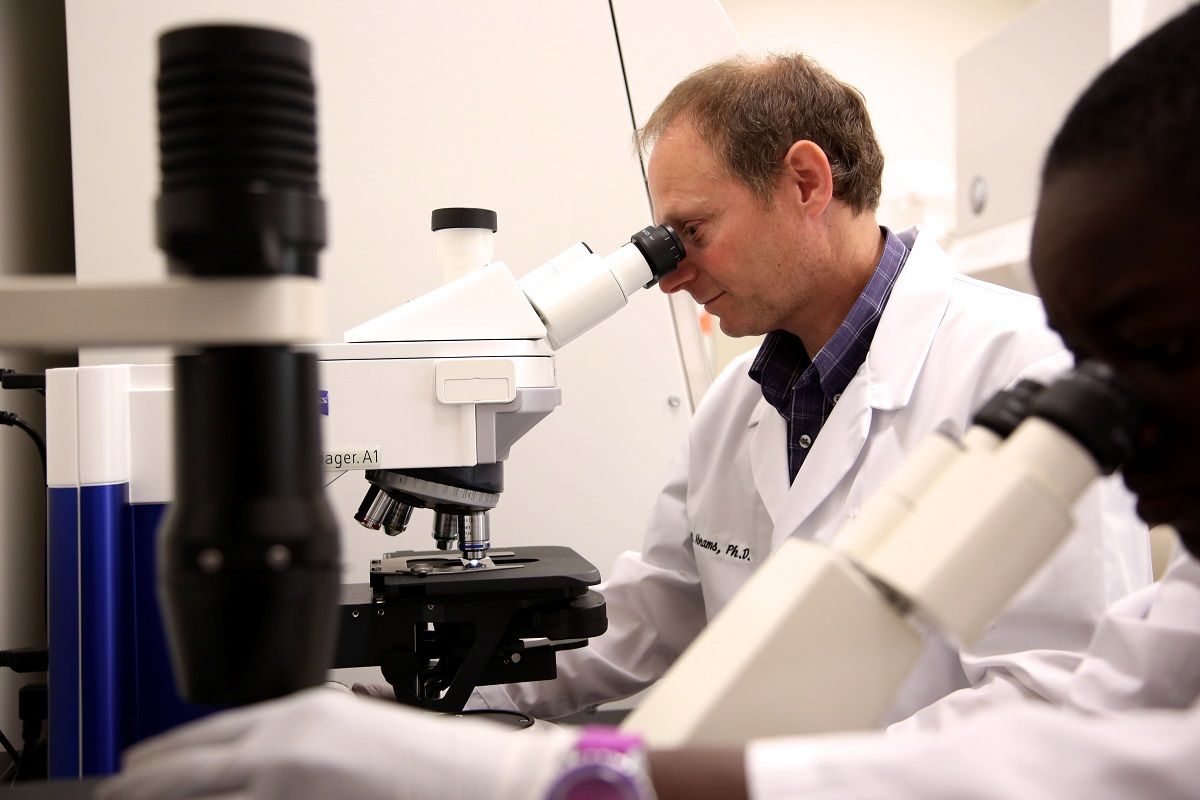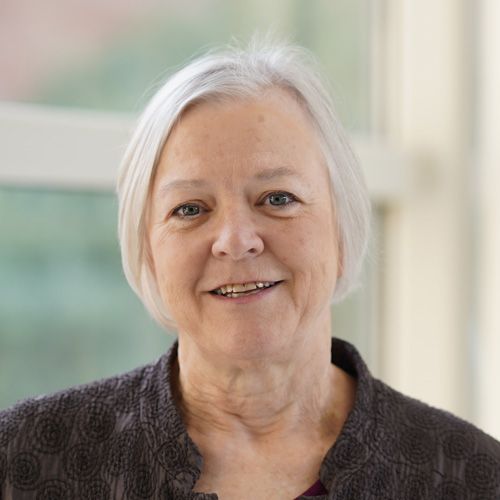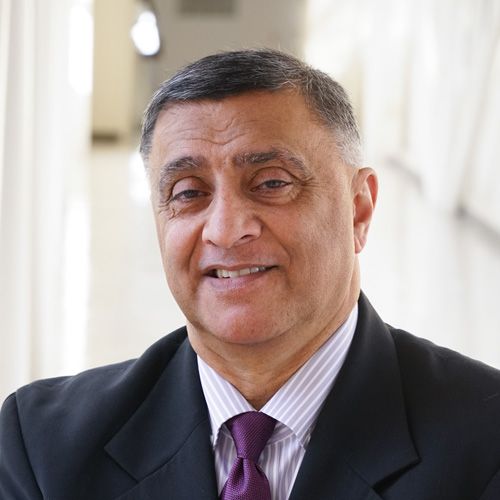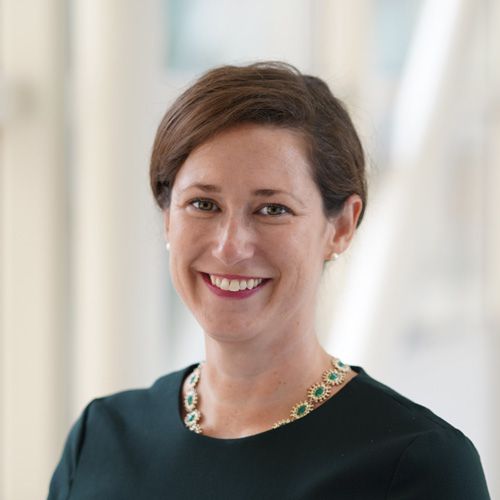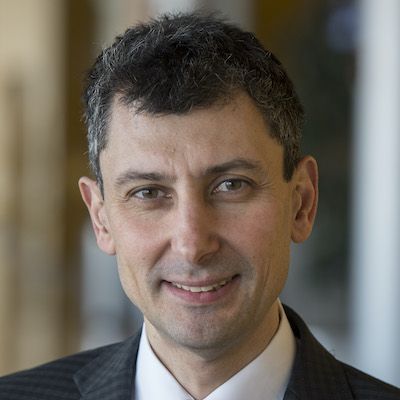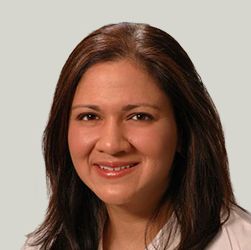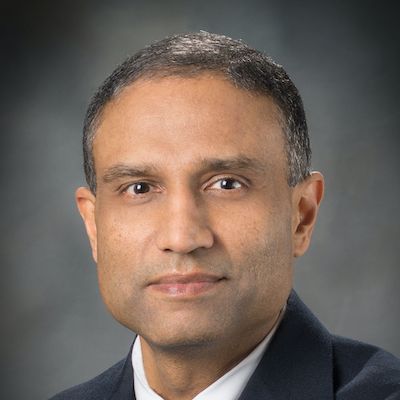The overarching goal of the renewed Roswell Park-University of Chicago Ovarian Cancer SPORE is to conduct multidisciplinary, mechanism-based and collaborative translational research that will have the highest possible impact for women with ovarian cancer. Because immunotherapies have met with only modest success in ovarian cancer patients, we continue to uniquely focus on novel strategies for generating effective anti-tumor immunity by unraveling immune-resistance mechanisms and identifying novel proteogenomic biomarkers of responsiveness.
After significant planning and guidance by our Internal and External Advisory Boards and Patient Advocate Committee, we have leveraged our highly successful Developmental Research Program (DRP) and Career Enhancement Program (CEP) to propose two bi-directional translational IRPs addressing basic and clinical research questions of importance in ovarian cancer. The new IRP1 evolved as a result of a DRP award, and the new IRP4 developed from CEP and DRP awards. IRP1 will test an oncolytic virus armed with a CXCR4 antagonist in combination with PDL1 blockade to abrogate tumor immune suppression and limit T cell exhaustion in a randomized Phase I/II clinical trial. IRP4 will study the effect of an artificial intelligence-driven physical activity intervention on metabolic, psychosocial, and immune factors in order to identify predictors of outcomes in ovarian cancer patients. Both IRP1 and IRP4’s clinical trials are scheduled to begin in 2025. The program also continues to expand opportunities for new avenues of ovarian cancer translational research via its successful DRP and CEP.
The four highly integrated, interconnected shared resource cores – Administration, Biospecimen & Pathology, Biostatistics & Bioinformatics, and Immunogenomics – bring innovative technology and resources to the SPORE and do not duplicate pre-existing shared resources available at Roswell Park or the University of Chicago. This application is strongly supported by over $3.6MM of institutional commitment to ensure success in its goal of conducting highly innovative translational research that changes the clinical practice paradigm in ovarian cancer.
Research
The results of the research proposed by the Roswell Park-University of Chicago Ovarian Cancer SPORE as a whole will have a long-lasting impact on the outcome of ovarian cancer patients in a variety of clinical presentations.
We expect that the varied immunologic approaches in our "first-in-human" studies proposed will lead to:
- Improved response rates and outcomes in patients newly diagnosed with ovarian cancer and those with relapsed chemo-resistant disease
- The development of novel strategies to lengthen remission rates in ovarian cancer patients with recurrent disease
- Risk classification for ovarian cancer development and prognosis
- Identification of factors that may interfere with the efficacy of immunotherapeutic treatment approaches
Project goals
The Roswell Park-University of Chicago Ovarian Cancer SPORE is relevant to the public health because each of the projects will have a direct impact on risk assessment, prognostic classification or targeted therapy for prevention and treatment of primary or recurrent ovarian cancer.
The overall program goals of the Roswell Park-University of Chicago Ovarian Cancer SPORE are to:
- Promote translational ovarian cancer research within the Roswell Park-University of Chicago Ovarian Cancer SPORE
- Foster collaborations in translational ovarian cancer research
Patient advocates
The Advocacy Committee will assist the Roswell Park-University of Chicago Ovarian Cancer SPORE in collaborating with established advocate networks in Western New York, Chicago and nationally to enhance minority participation in all aspects of the Roswell Park-University of Chicago Ovarian Cancer SPORE, and to ensure that the concerns of ovarian cancer patients, survivors and their families are addressed.
Patient Advocate Committee
Annie Ellis, Ovarian Cancer Research Alliance
Joanne Glenn, Chicago Cancer Health Equity Collaborative (ChicagoCHEC)
Kathleen Maxian, WNY Ovarian Cancer Project
Marcie Paul, Michigan Ovarian Cancer Alliance
Kathleen Gavin, Minnesota Ovarian Cancer Alliance
Advisory boards
Internal Scientific Advisory Board
External Scientific Advisory Board
Contact us
